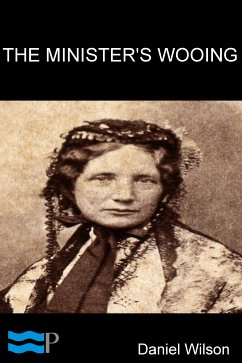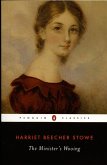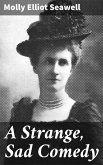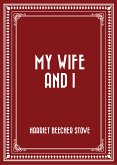Harriet Beecher Stowe is best known for writing Uncle Tom's Cabin, an anti-slavery novel written in 1852. Many believe that Uncle Tom's Cabin was a big factor in the lead up to the Civil War. Regardless of whether or not Stowe's classic was one of the causes of the Civil War, its importance in U.S. history can't be overstated, and even Abraham Lincoln himself jokingly referred to Stowe as the little lady who caused all the trouble brought about by the war.
From the intro:
"THE author has endeavoured in this story to paint a style of life and manners which existed in New England in the earlier days of her national existence.
Some of the principal characters are historic: the leading events of the story are founded on actual facts, although the author has taken the liberty to arrange and vary them for the purposes of the story.
The author has executed the work with a reverential tenderness for those great and religious minds who laid in New England the foundations of many generations, and for those institutions and habits of life from which, as from a fruitful germ, sprang all the present prosperity of America.
Such as it is, it is commended to the kindly thoughts of that British fireside from which the fathers and mothers of America first went out to give to English ideas and institutions a new growth in a new world."
Dieser Download kann aus rechtlichen Gründen nur mit Rechnungsadresse in A, B, BG, CY, CZ, D, DK, EW, E, FIN, F, GR, H, IRL, I, LT, L, LR, M, NL, PL, P, R, S, SLO, SK ausgeliefert werden.









